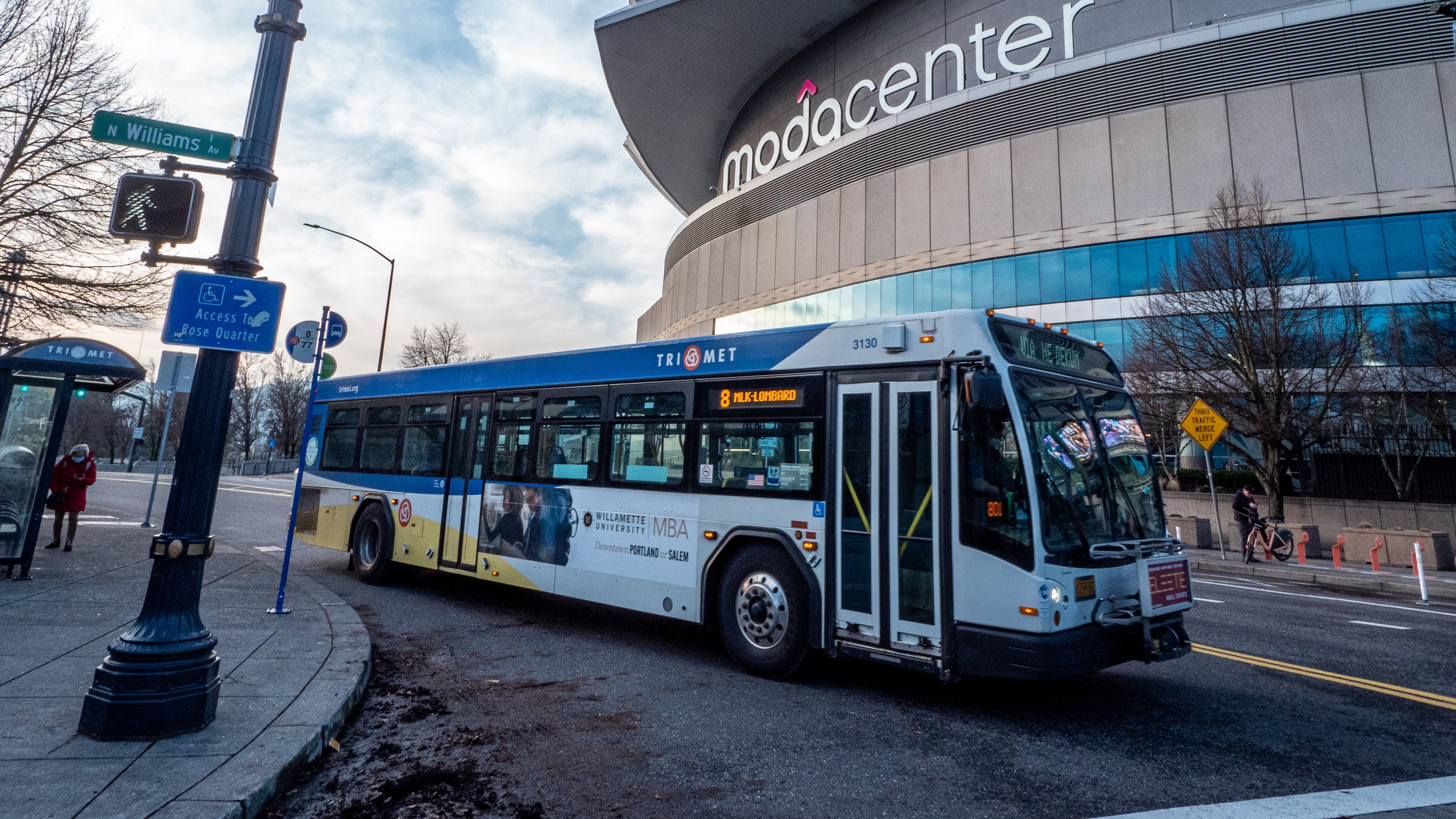BILL OF THE WEEK: House Bill 3205A
CHIEF SPONSORS: Reps. Janelle Bynum (D-Happy Valley) and Jeff Helfrich (R-Hood River) and Sen. James Manning (D-Eugene)
WHAT IT WOULD DO: Allow public- and private-sector employers to offer signing and retention bonuses, provided they don’t discriminate when doing so.
When lawmakers passed a landmark pay equity law in 2017—applying to all employers, not just government agencies—they were trying to correct historical imbalances that pay white men more than women and far more than people of color. That law included eight “bona fide factors” that allowed pay differences, such as experience or quantity or quality of production. But a shortage of workers was not included among the factors.
When pandemic-related worker shortages became rampant, the state created a temporary exemption, specifically allowing employers to pay signing and retention bonuses. But that exemption expired in September 2022.
PROBLEM IT SEEKS TO SOLVE: Like many states, Oregon faces a shortage of skilled workers, including but not limited to nurses, teachers, cops and bus drivers. In other states, including those surrounding Oregon, employers have taken to offering substantial signing bonuses to attract workers and have also offered retention bonuses in order to hold on to existing employees.
One example: The most recent edition of the Oregon Board of Nursing’s Sentinel newsletter included help-wanted ads from many of the state’s leading hospitals. All extolled the merits of the institutions and the work. But only one of the ads—from Palmdale Hospital in Palmdale, Calif.—offered a signing bonus: in that case, up to $20,000.
In another example, C-Tran, the transit agency for Clark County, Wash., is offering signing bonuses to new bus drivers, while TriMet’s reading of current Oregon law is that it cannot legally do the same. Although some lawmakers and legislative lawyers disagree, many employers believe TriMet is correct and that Oregon is the only state in the country where employers cannot offer such bonuses.
WHO SUPPORTS IT: Desperate employers have turned out at public hearings this session to testify they should be allowed to offer bonuses to beef up their staffs. Among the most vocal: TriMet, Portland Public Schools, Washington County, Kaiser Permanente, and the Oregon Truckers Associations.
Bonuses work, TriMet lobbyist Miles Pengilly told lawmakers: In the 10 months prior to April 2022, the transit agency received 900 applications from prospective drivers. When it offered $7,500 signing bonuses, applications nearly quadrupled in the next 10 months.
WHO OPPOSES IT: The bill took an unusual turn last week. Although it passed the House without a single “no” vote on April 14, the Senate Committee on Business and Labor substantially amended the bill based on testimony from such groups as Family Forward, the Oregon AFL-CIO, and the state’s largest public employee union, Service Employees International Union Local 503.
Those groups declared themselves neutral but pointed out that employers giving bonuses might, in the words of Family Forward lobbyist Courtney Veronneau, “create a loophole that would allow bonuses based on implicit bias.” Veronneau and others cited research that has found employers pay workers like themselves more than others with similar qualifications. That’s part of why white men, who disproportionately hold hiring authority, pay white men more than others.
Rather than simply allowing employers to pay bonuses, the amended bill would go first to the Oregon Bureau of Labor & Industries for rulemaking to ensure that hiring and retention bonuses comply with pay equity standards. Senate Business and Labor Committee chair Kathleen Taylor (D-Portland) heard from employers that they did not support the amended bill, but she defended her committee’s choice. “I don’t think the answer to solving our workforce shortages is to allow bonuses that create inequities in pay,” Taylor said.
The committee sent the bill to the Senate floor where it will rest until Republicans return.

